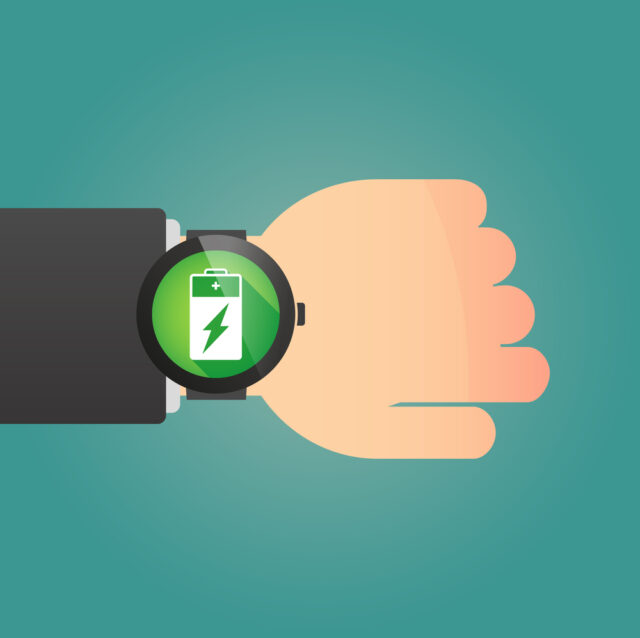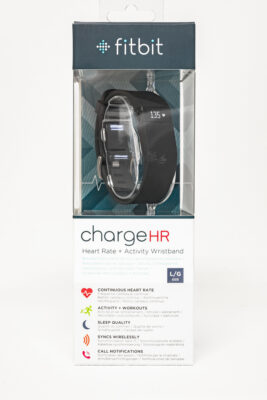When it comes to fitness tracking devices, the Fitbit Charge stands out for its impressive range of features and intuitive interface. But, how well does its battery life stand up to the demands of your active lifestyle? Let’s examine the battery life of Fitbit Charge, how it fares in real-world scenarios, and how it stacks up against other fitness trackers in the market.
As an active fitness enthusiast, you need a tracker that lasts as long as your motivation. The Fitbit Charge, a popular fitness wearable, promises to cater to your needs. This article focuses on its battery life, a critical element that can make or break your tracking consistency and overall user experience.

Fitbit Charge: Understanding Its Battery Technology
Fitbit Charge uses a lithium-polymer battery, known for their light weight and high energy efficiency. However, like any other battery-powered device, its life is contingent on various factors, including usage, syncing frequency, software updates, and the active features.

What Affects Battery Life in Fitbit Charge?
Several aspects can impact the battery life of your Fitbit Charge. High display brightness, continual heart rate monitoring, GPS usage, all-day sync, third-party app usage, and software updates are among the most energy-consuming elements. Understanding these factors can help you manage battery life more effectively.
Real-World Battery Performance of Fitbit Charge
While Fitbit Charge’s specifications suggest a battery life of up to 7 days, real-world experiences may vary. For instance, when the GPS feature is used continually, users have noted a significant reduction in battery life. Similarly, constant heart-rate monitoring and high display brightness can cause the battery to drain faster.
Battery Life Comparison: Fitbit Charge vs Other Fitness Trackers
Comparatively, Fitbit Charge holds its ground well against other fitness trackers in the market. While devices with color displays or advanced GPS features might offer shorter battery life, Fitbit Charge strikes a balance between functionality and battery performance. However, its battery life may not match that of fitness trackers with fewer features or e-ink displays.
Tips to Extend Fitbit Charge Battery Life
To get the most out of your Fitbit Charge’s battery, consider adjusting the brightness, limiting all-day sync, and disabling unnecessary notifications. Regular software updates can also help, as they often include optimizations to improve battery performance. Moreover, disabling the GPS function when not needed can dramatically extend the battery life.
Conclusion
The battery life of the Fitbit Charge is a significant part of your user experience. While it performs well under standard conditions, high-demand features can diminish its life. Understanding these factors and utilizing battery-saving practices can help you extend the battery life, keeping your Fitbit Charge active as long as you are!
Frequently Asked Questions (FAQs)
- What type of battery technology is used in Fitbit Charge? Fitbit Charge uses a lithium-polymer battery, which is lightweight and energy-efficient.
- How does my usage of Fitbit Charge features influence the battery life? Features like heart rate monitoring, GPS, all-day sync, and high display brightness can significantly reduce battery life.
- How does Fitbit Charge’s battery life compare to other fitness trackers? While it depends on the specific models being compared, Fitbit Charge generally offers competitive battery life, especially when considering its extensive feature set.
- What can I do to prolong the battery life of my Fitbit Charge? You can extend your Fitbit Charge’s battery life by reducing display brightness, limiting all-day sync, disabling unnecessary notifications, and keeping your software updated.
- Doesupdating my Fitbit Charge software affect its battery performance? Yes, updating your Fitbit Charge software can indeed improve battery performance, as updates often include optimizations aimed at enhancing battery life.
- How does the use of GPS impact the battery life of my Fitbit Charge? The GPS feature is one of the most energy-consuming aspects of Fitbit Charge. When used continually, it can significantly reduce battery life.
- What is the real-world battery performance of Fitbit Charge based on user experiences? Real-world battery performance can vary based on usage patterns. Under standard conditions, Fitbit Charge can last up to 7 days, but continuous use of high-demand features like GPS or heart-rate monitoring can reduce this.
- How important is battery life in the overall user experience of Fitbit Charge? Battery life is a crucial aspect of the user experience. A longer-lasting battery means less frequent charges and more uninterrupted tracking of your fitness goals.